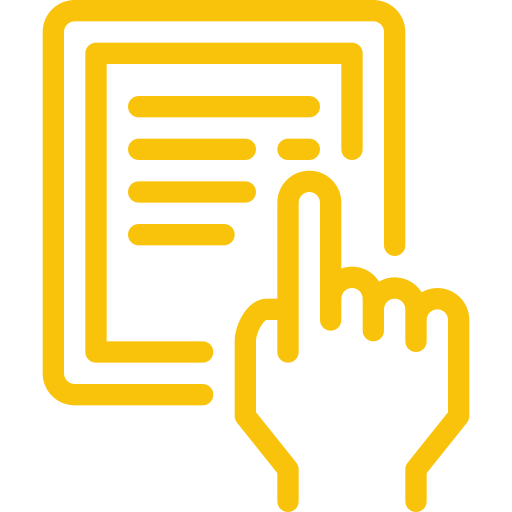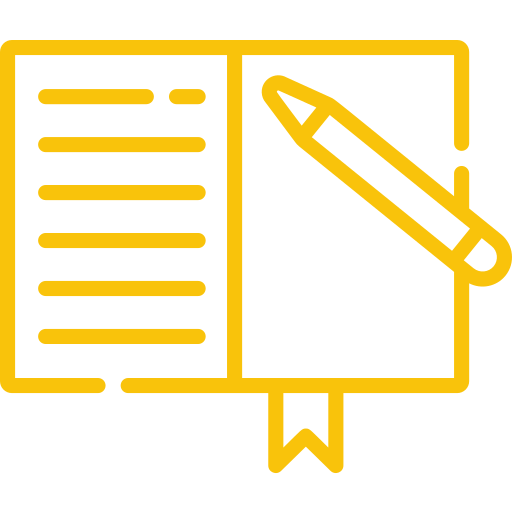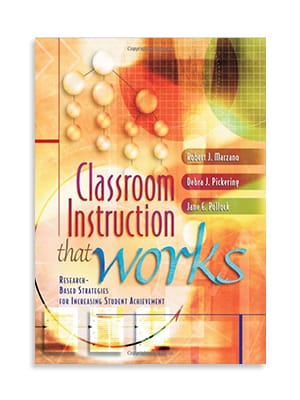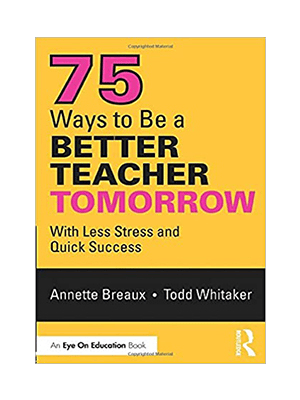In the past few weeks, teachers and students across the country have been wrapping up their lessons and heading off to their much needed (and well-deserved) summer breaks. For many, there is a sense of relief: The year is over, and they are just happy they made it through. But for others, there is a new sense of uneasiness: What will school look like in the fall? For many, it feels there is no end to the uncertainty we’ve all been feeling since the pandemic first began.
When circumstances are out of our control, it’s easy to become overwhelmed by negative emotions. We may think that bottling up how we feel or trying to put on a brave face is the best solution, but denying our emotions will only increase stress and anxiety. Spending all our time worrying about the “what-ifs?” is no better. So what is the solution? Since we can never eliminate all uncertainty from our lives, the best thing we can do is take steps to manage it. These tips below can help you feel less anxious – and more empowered – about the future, even in these uncertain times. Read on to learn more.
Tip #1: Act on the Things You Can Control
While there are many uncertainties about the future right now – focus on the aspects of your work that you can control. This helps you switch from unproductive worrying into active problem-solving. For example, are you concerned about your students’ emotional well-being during these challenging times? Consider taking a course on mindfulness, social-emotional learning, or student anxiety this summer. Or, do you worry about your students’ ability to rebound after a difficult distance learning experience? Commit to summer planning that includes adding more formative assessments at the start of the school year or learn more about differentiated instruction by reading a book like Fair Isn’t Always Equal (Wormeli). Try to set small goals about what you want to accomplish, either daily or weekly, and then celebrate yourself when you achieve them. The goal is to feel more empowered as an educator.
Tip #2: Focus on the Present
One of the best ways to manage uncertainty about the future, especially if that uncertainty leads to fear, is to focus on the present. When we fully connect to the present moment, there is less time to dwell on all of the “What if’s” that might otherwise occupy our minds. Mindfulness practices can help. In addition to mindful breathing exercises, gratitude journals and personal or professional vision boards can help us focus on what is most important in our lives right now and serve as reminders of our long-term strength and resiliency.
Tip #3: Learn to Manage More Ambiguity
Author Brené Brown says worry and anxiety are contagious, but so is calm. We can help ourselves, and our colleagues, by “practicing calm” and in turn, learning ways to be more tolerant of uncertainty and ambiguity. Of course, this is harder for some of us than others, especially for those of us that like to have all the facts, but these steps can help:
Identify your uncertainty triggers.
Be aware of people or experiences that elevate your sense of uncertainty, for example, reading media stories that focus on worst-case scenarios or communicating with anxious colleagues regarding rumors or fears about the upcoming school year. By recognizing your triggers, you can take action to avoid or reduce your exposure to them. Brown suggests we should practice being “slow to respond” to triggers, for example, if a colleague comes to you in a panic about next year, rather than immediately reacting with panic, count to 10, and then say calmly, “tell me more, where did learn this?” or “I need time to think about this before I can respond.”
Allow yourself to feel the uncertainty.
When you must deal with uncertainty as you prepare, experts say you should let yourself experience the discomfort of uncertainty. “Notice when you start to feel anxious and fearful about a situation, begin to worry about what-ifs, or feel like a situation is far worse than it actually is.” Acknowledge that your body is having a stress response; Take slow deep breaths to calm your limbic system and anchor yourself. This will help you move to the next step, where you can make more rational decisions.
Pivot your thinking.
Respond to worries by acknowledging that you are not a fortune teller; you can only do the best with what you have. People who are really good at managing uncertainty realize that the only thing they really control in life are their responses, so don’t be afraid to step up and say, “Here’s what we don’t know, but here’s how we can move forward based on what we do know.” Your positivity can help others manage their worries more effectively, too. The ability to frame things in a positive light can be challenging, but it is ultimately one of the most powerful tools in dealing with uncertainty.
“Dealing with Uncertainty During the Coronavirus Pandemic.” Helpguide.org. 2020. https://www.helpguide.org/articles/anxiety/dealing-with-uncertainty.htm

























